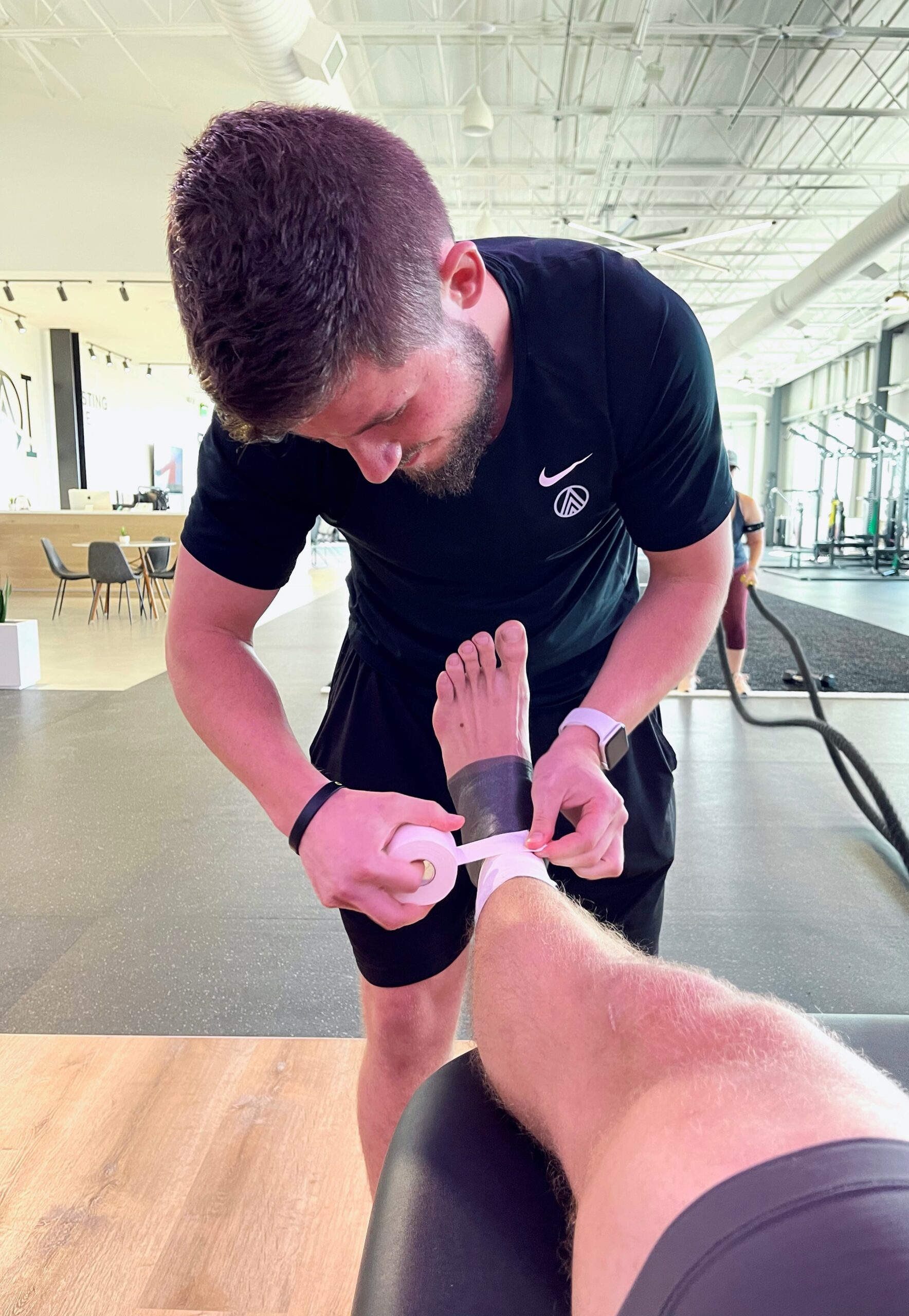During an NFL game in January of 2023, time seemed to stop when Buffalo Bills safety Damar Hamlin dropped on the field after making a tackle. It was a case of cardiac arrest; his heart had stopped. Fans watched as medical staff stepped in to help the player. Since that game—since some harrowing minutes on the field—Hamlin made a remarkable recovery. Just recently in July of 2023, he presented the Buffalo Bills training staff with the ESPY’s Pat Tillman Award for Service. The head athletic trainer for the Bills was quoted saying, “We are not used to having the spotlight on us. We were just doing our job, but the idea of service is definitely something that is ingrained in our profession and that we take great pride in.” Athletic trainers are some of the most important, essential people in the world of athletics.
Attending an athletic event can be exciting. There’s the competing teams, the coaches, and the officials. There are fans and sometimes cheerleaders or even entertainment during the game. But there are also other people that ensure the health and success of athletic competition: the trainers. Athletic trainers are specially trained healthcare professionals that provide key services for athletes. They focus on things like preventing injuries, providing emergency care, diagnosing problems, helping to implement therapeutic intervention, and rehabilitating injuries or other medical conditions. Trainers work hard to keep teams safe. Just ask Damar Hamlin. Read on to learn more about what to expect from trainer services for athletic events.
Injury prevention: When players face an injury during a game or practice, trainers are like an athletic brand of first responders. Professional training helps them to treat common injuries like strains, sprains, breaks, and bruises. Trainers are skilled at first aid, wound care, stretching, taping, and bracing. They are trained to help with more serious health situations such as cardiac issues or even life-threatening brain or spinal cord injuries.
Immediate response: Having an athletic trainer on-site at your event can help to alleviate the stress of handling serious medical emergencies and athletic injuries. Often, local emergency service teams can take time to respond, but having an athletic trainer present at the competition means immediate response time and injury analysis.
Environmental factors: Sometimes competing outdoors comes with risk. Trainers should be ready to deal with issues like monitoring the heat index, screening for heat illness, and being aware of lightning risks or other weather-related issues.
Emergency services, if needed: Athletic trainers at an event can help to determine the needs of an athlete. They can work to figure out the level of consciousness and the level of emergency care needed. Then, trainers can administer appropriate emergency responses such as CPR, automated external defibrillator (AED), splinting, bleeding control, body temperature control, or EMS activation.
On-site diagnosis: Athletic trainers at events can examine acute, subacute, or chronic musculoskeletal injuries. This kind of clinical evaluation on the field is key to recovery and return-to-play for athletes. Trainers can also refer an athlete to the appropriate medical professionals for follow-up care.
Concussion protocol: Brain health is so important, and it has become a priority for athletes in recent years. Trainers work to recognize, assess, and manage concussions. They may work with coaches and athletes to discuss return-to-play plans. Concussion prevention and management is an essential responsibility for trainers as well.
Dynamic skills: Any athletic competition is a dynamic environment. There is plenty of action happening on the field, and a trainer has to be prepared for anything. The training and education that athletic trainers receive helps them to care for athletes before, during, and after an issue may occur.
An integrated approach: ROI’s athletic training team offers an integrated approach when it comes to trainer services. They work together with other staff at ROI including physical therapists, exercise physiologists, strength and conditioning coaches, and registered dieticians to ensure a holistic approach to keeping athletes healthy.
An educated team: Athletic training is a field that requires a solid educational foundation and lots of hands on experience. The athletic trainers at ROI are highly qualified and possess many professional certifications including: board certified athletic training (ATC), state licensed athletic trainer (LAT), certified strength and conditioning specialist (CSCS), functional range conditioning mobility specialist (FRCms), and Owens recovery personalized blood flow restriction rehabilitation.
Are your athletes in need of athletic trainer services? The team at ROI offers these services for events such as games, camps, practices, or tournaments. At ROI, athletic training and sports medicine coverage includes the prevention, examination, diagnosis, treatment, and rehabilitation of injuries and medical conditions.
Do you have questions about what kind of athletic trainer services are going to help you? Reach out to support@teamroi.com, or call 512-962-9141 to learn more.

